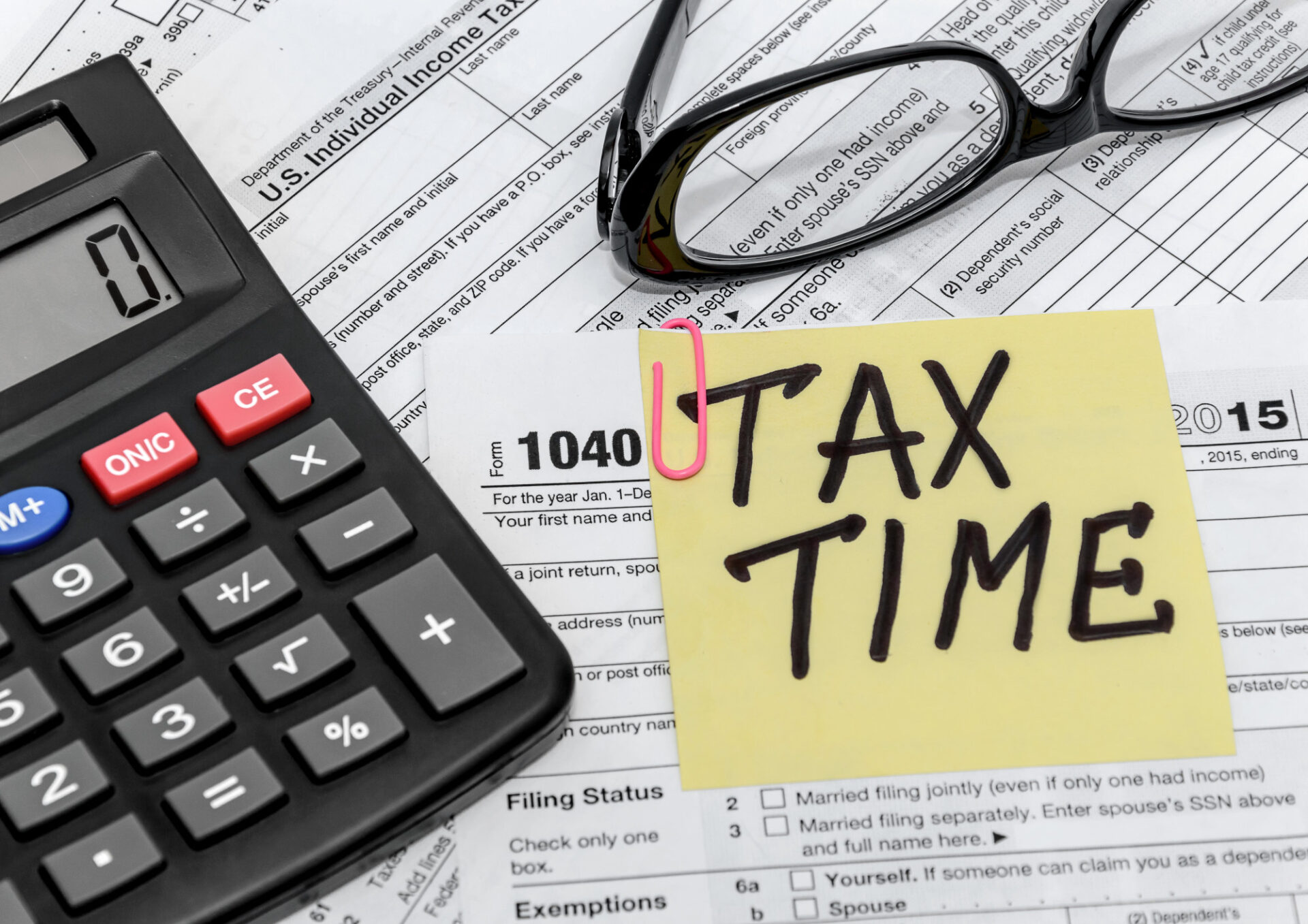
100+ Years of Combined Tax Resolution Experience.
100+ Years of Combined Tax Resolution Experience.
Paying taxes as a cannabis dispensary owner is a delicate affair. Pretty soon, anyone involved in the cannabis industry — from seed to sale — will be under scrutiny. This includes everyone in between, whether they be landlords, transportation companies or management companies. The 280E tax audit applies to anybody who has been in the marijuana business since the beginning of legalization.
If you want to keep your head above water during the incoming storm, you’ll need a marijuana lawyer. Keep reading to learn more about the 280E cannabis tax audits and how a marijuana lawyer can help you and your business stay afloat.
Table of Contents
Understanding the 280E Audits
In January 2018, the IRS issued a 280E policy update that directly affected business taxation.
What Is Section 280E?
Section 280E is the federal statute prohibiting any businesses engaging in the sales of a Schedule l or ll controlled substance— such as cannabis— from taking advantage of tax deductions or credits. In other words, cannabis business owners cannot use business expenses to reduce taxable income.
The policy update resulted from two pivotal court cases in 2018, as did the onset of the Compliance Initiative Project. The CIP is an IRS program that began in Colorado to audit state-legal cannabis businesses. Of course, as the legalization of cannabis spread across the nation, so did the scope of CIP’s audits.
Court Cases Related to the 280E
The first court case concerned Harborside of Oakland, Calif., arguing that the 280E shouldn’t apply to state-legal cannabis companies. Unfortunately, they lost, as the tax court ruled that the 280E applies to any business trafficking Schedule 1 controlled substances — even those legalized by the state.
The second court case occurred when Alternative Health Care of Los Angeles, Calif., attempted to evade paying federal taxes under the 280E. They did this by hiring a management company to handle their day-to-day business. Not only did they lose the case, but it also prompted the IRS to extend the 280E policy to third parties who directly profit from cannabis businesses. Ultimately, marijuana business owners are paying three times the taxes that conventional business owners are paying.
Cannabis Tax Audits and Litigation
There’s currently a lack of clarity about where the IRS will draw the line for peripheral companies profiting off the cannabis industry. Any business involved can become a potential target for CIP, and as more tax audits roll out, penalties and fines will easily reach the millions.
The IRS has provided guidance to its CIP agents on conducting audits. However, agents have the authority to change a business owner’s method of accounting in favor of 280E marijuana taxation. This authority particularly affects applicable deductions under 280E involving the cost of goods sold.
Substantiating your claimed expenses is about proof. Unfortunately, providing a copy of a bill or invoice isn’t enough. It only proves that you owe a specific amount of money, not that you’ve made the payment. As proof, the IRS will accept:
- Canceled checks
- Bank statements
- Credit card statements
There’s only one caveat — most transactions in the cannabis industry are cash-only, thanks to the current banking system.
Additionally, you have to prove that the expense in question is tax-deductible. Under the limitations of the 280E, most expenses aren’t deductible, which creates a marginal tax rate much higher than that of conventional businesses. As mentioned before, there are applicable deductions for the cost of goods sold.
COGS are the direct costs of the production of goods, including acquiring and distributing cannabis. You must detail your COGS down to the last dime with all the proper documentation. If you fail to prove your claims, you’ll face heavy fines. You also run the risk of losing your business entirely.
How a Marijuana Lawyer Can Help
If all these legal technicalities sound complex, that’s because they are. Moving forward, it’s crucial to enlist the help of an experienced cannabis tax attorney. For cannabis tax audits and litigation, you’re looking at a more in-depth process. Substantiating your claimed expenses is much more difficult under federal law.
What a Marijuana Lawyer Can Do for You
In truth, you won’t be able to navigate your tax audit or any legal repercussions that stem from it alone. An experienced cannabis lawyer will ensure that you receive the proper treatment during your cannabis tax audit, significantly reducing any possible income tax liability.
At Polston Tax, we provide our end-to-end tax services to small and mid-sized business owners and self-employed individuals, along with people getting their finances back on track.
Services a Marijuana Lawyer Can Offer
Your cannabis attorney will take care of the following:
- Appeals
- Cash management and support services
- Accounting and bookkeeping services
- Transactions and contracts
- Regulatory compliance
- Cannabis applications and intercompany agreements
- Business law
- Audit representation
- Criminal representation
- Tax planning and litigation
- Incorporating your business
- Lien assistance
- State tax representation
- Tax court representation
A cannabis lawyer understands marijuana laws and can provide you with the help you need through every step of a cannabis tax audit. An attorney will work your case from beginning to end. They will file appeals if necessary, call the IRS, help you file and send in forms and get confirmation from the IRS.
Other Precautions Cannabis Business Owners Should Take
Of course, as a cannabis business owner, you are responsible for taking specific precautions aside from hiring a tax lawyer. These responsibilities include:
- Keeping documentation on all transactions.
- Keeping records of inter-company contracts and agreements in great detail.
- Categorizing your employees properly, as assigning them specific roles allows for more accurate reporting on wages.
Another thing you want to consider is registering your business as a corporation. Most small businesses do this to reduce tax burdens. They typically choose between a corporation or a limited liability corporation. With the 280E tax policies, registering as a standard corporation is the wiser choice. Limitations on deductions cause LLC owners to pay extra taxes on phantom income.
Get Help With Your Cannabis Tax Audit
The laws governing the cannabis industry will continue to evolve. Hopefully, they’ll become more manageable for small business owners. Until they do, you can trust Polston Tax to understand the laws and handle tax audits.
Hiring a marijuana lawyer is crucial to your success, especially with the upcoming audits. Our team of professionals at Polston Tax can help you with every aspect of your marijuana business. We will fight for you when the time comes. Enjoy the following benefits when you choose to work with us.
- Tax resolution: We will completely take over your case and handle all communication with the IRS or state, negotiate on your behalf and resolve your tax debt issues by getting you into an affordable resolution. We have extensive knowledge of the tax code and tax laws and can apply them to your case accordingly in a way that will most benefit you.
- Tax preparation: We can take the stress out of determining whether you need to take specific deductions by taking over the whole process. Using the information you give us, we can use various tax strategies to lower the amount of taxes you pay each year.
- Accounting: Our team of accountants can manage your finances, so you can focus on running the day-to-day responsibilities of your business. We will handle monthly and quarterly reporting, file essential forms on time and help you with all your accounting and tax needs. We know what is necessary to keep your business compliant.
We’ve been in business since 2001, and we’re the best at what we do. When you hire us, you get a team of people behind you, including a tax attorney, a case manager, an accountant and a tax preparer. They all work together to get you the best resolution possible.
To learn more about how we can resolve your tax issue, meet with us in a free consultation. Reach out to us at Polston Tax today to see how we can help with your cannabis tax and business.
More On Cannabis CPA Accounting & Tax Services
Additional Readings

One of the keys to business success is understanding the tax rules and how they apply to or affect your company. In states where marijuana is legal for medical or recreational use, there are usually special taxes that apply to the sale of the drug. If you’re considering opening a dispensary or own one already,...

It’s never been a better time to consider starting a marijuana business. In the United States, the most commonly used, federally illegal drug is marijuana. Approximately 48.2 million Americans have used marijuana at least once. With new laws getting passed, the legalization of marijuana across the country is within reach. The global legal cannabis market is projected to reach $63...

Your Complete Guide to Understanding Cannabis Tax Running a legitimate cannabis business can be tricky since marijuana is still illegal under federal law. Currently, 24 states plus the District of Columbia have legalized the recreational use of marijuana, and 14 other states allow it for medical use only. Projections estimate revenue to reach $42.98 billion in 2024 in the United States. Yet, federal law...

Should you hire a small business accountant for your cannabis business? Running a business can be challenging because you have so much to keep track of. You’re probably spending most of your day on your business, putting out fires and managing operations. Then there are the legalities of running a cannabis business. It seems like...

The cannabis industry has exploded in recent years. It’s quickly become the wild west with companies looking to get in on the ground floor of this industry. While the laws around cannabis are changing fast, and there are a lot of financial issues that are murky at best. While many states are legalizing marijuana on...

The marijuana industry has generated more than $52 billion in sales and is expected to create 330,000 jobs by 2022. This is the best time to be in the marijuana industry, but because it’s so new, there are many potential pitfalls. The biggest potential pitfall is marijuana taxes. There are many marijuana tax issues that...


